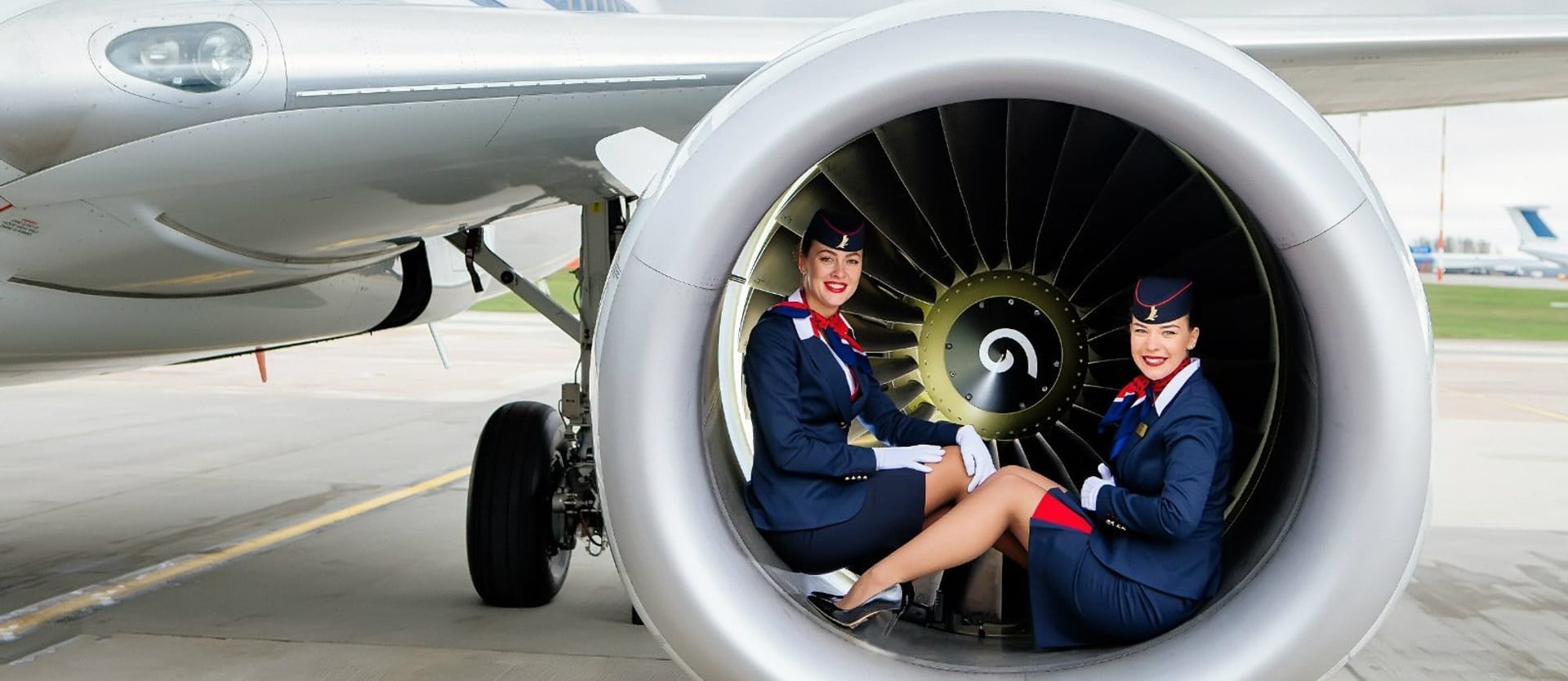Technology innovations transforming the airports of the future: Part 1
Modern airports are experiencing a significant transformation, with the evolution of user experience progressing rapidly. Technological advances in airports have already changed how air travel consumers interact with their flights. The innovation teams worldwide are continuously seeking new ways to enhance the passenger experience through airport technological advancements. From digital automation to Artificial Intelligence, airports are embracing various technologies to improve efficiency and the overall airport environment. Achieving net-zero targets has also become a primary focus for airport innovators.
Enhancing Passenger Experience
The days of long queues at check-in with paper tickets are long gone. Airports are moving towards digitization, with paper boarding passes being replaced by digital equivalents. Passengers' interaction with airport infrastructure is evolving to meet changing expectations and maintain a competitive edge. Technologies like facial recognition, biometric scanning, and AI-driven security checks are becoming common, streamlining the journey from check-in to boarding gate.

Reducing queue times at baggage drop-off and security checkpoints not only enhances passenger flow but also frees up terminal space for revenue-earning opportunities. Passenger efficiency benefits both airport operators and travelers. Passengers spend less time queuing and more time exploring airport amenities, while operators can capitalize on increased passenger engagement.
The Rise of Artificial Intelligence
AI applications are being rapidly deployed in air travel, revolutionizing the entire passenger experience. AI tools like ChatGPT are being explored to enhance the passenger journey and optimize terminal operations. AI and machine learning are expected to disrupt traditional airport models, improve customer experience, and boost operational efficiency.

Several airports worldwide are adopting AI technologies to enhance passenger experience and operational efficiency. Shanghai Hongqiao International Airport and Tokyo Narita International Airport are leveraging AI solutions for better customer satisfaction and business efficiency. Amsterdam-Schiphol Airport and Pangiam are trialing AI for carry-on bag inspections, reflecting the widespread adoption of AI in airport operations.
The Biometric Revolution
Biometric technology is reshaping airport security and passenger identification processes. Biometrics offer a hygienic and seamless experience for passengers, with many airports adopting biometric authentication to replace traditional documents like passports and boarding passes.

Airports globally are partnering with technology companies to implement biometric solutions, enhancing security and efficiency. Passenger confidence in biometric identification is increasing, with a growing preference for biometric data over traditional documents. The implementation of biometric and digital identity technology continues to expand globally, with airports like Lisbon Airport, Frankfurt Airport, and Phoenix Sky Harbor International Airport leading the way in biometric innovation.
The Future of Airport Technology
Digitalization and automation are key to increasing airport efficiency and enhancing the passenger experience. Technologies like self-service screening systems are being introduced to streamline airport processes and accommodate the growing number of passengers efficiently. With the continuous advancement of technology, airports are moving towards offering passengers a seamless end-to-end journey.
As the airport industry progresses towards optimizing passenger experience, biometrics, AI, and digital technologies will play a vital role in shaping the future of airport operations. The adoption of cutting-edge technologies is paving the way for airports to become fully accessible hubs for travel, retail, and entertainment.




















